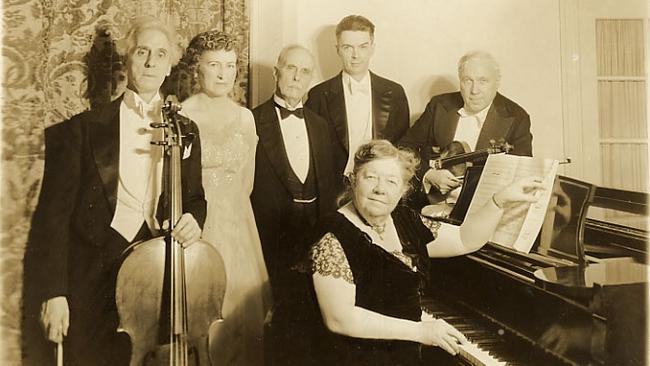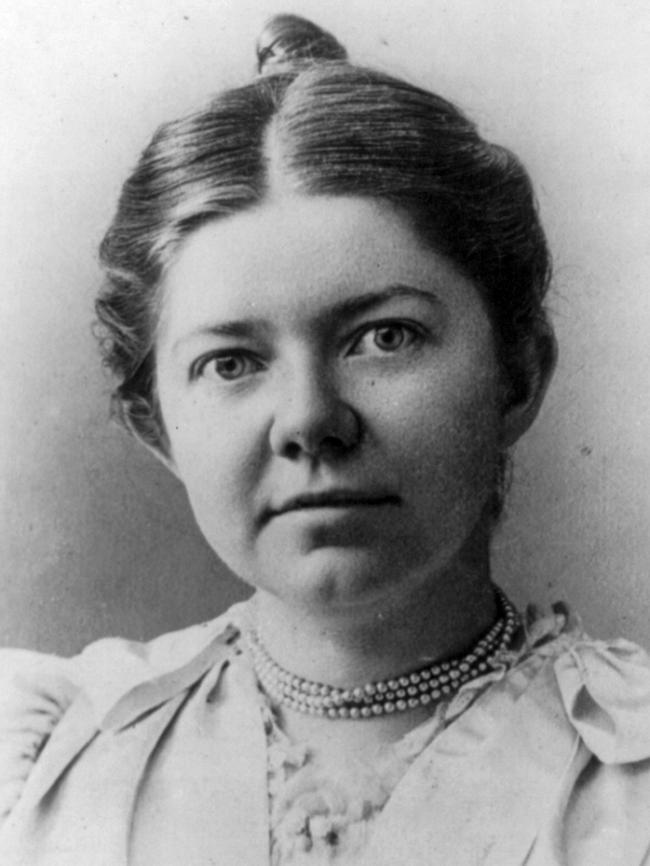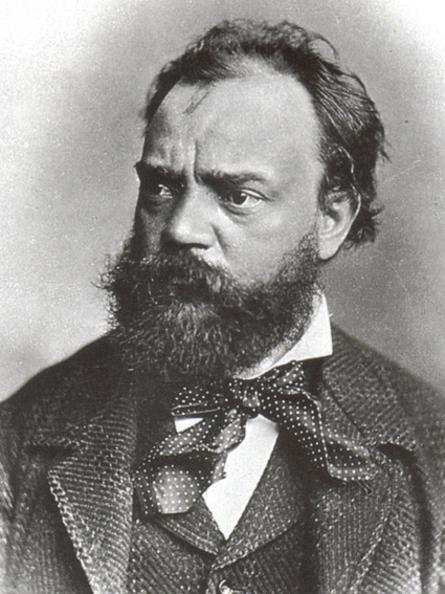Amy Beach first female composer to have her music played by a major orchestra
WHEN the Boston Symphony orchestra played the Gaelic Symphony in 1896 it heralded the arrival of the first great American female composer

Today in History
Don't miss out on the headlines from Today in History. Followed categories will be added to My News.
WHEN the Boston Symphony Orchestra prepared to play on the evening of October 30, 1896, there was a buzz of excitement. The concert premiered the Gaelic Symphony, a new work by a young, up-and-coming composer.
The composer was Amy Beach, the first American woman to write a symphony and the first woman in the world to have her symphony played by a major orchestra. The reviews were positive, hailing a unique new talent, one critic said her “strong writing” was “manful”.
Although Beach had forgone a promising career as a concert pianist for the sake of marriage, as a composer she achieved something greater — breaking the glass ceiling for female composers. The Gaelic Symphony would be played around the world and, although her name and works are not well known today, she earned an important place in music history.
She was born Amy Marcy Cheney, 150 years ago today on September 5, 1867, in Henniker, New Hampshire in the US. Her mother Clara played piano and sang, and there were also other musicians and artists in the family. But Beach was particularly talented.

By the time she was one, Beach had memorised the words to 40 songs and could sing them in tune. She then began to improvise counter melodies around the original songs. At three, she taught herself to read. And at four, she could compose her own melodies in her head and play them from memory on her piano at home.
At six, she started formal piano lessons with her mother Clara. When the family moved to Chelsea near Boston in 1875, Beach’s parents hired private tutors Ernst Perabo (who had studied under Carl Reinecke and Ernst Richter), and later Carl Baermann, a former student of Franz Liszt. Apart from lessons in counterpoint and harmony from Junius W. Hill, a professor of organ and piano, Beach was largely self-taught, devouring books on composition and orchestration.
At the time female composers were a rarity so Beach was initially set on a career as a concert performer. She made her debut in Boston in 1883 to glowing reviews and continued to play at concerts, including a triumphant turn as soloist with the Boston Symphony Orchestra (BSO) in 1885.
That same year she met surgeon and Harvard Medical School teacher Dr Henry Beach. He was 23 years her senior, but they formed a strong bond. They were married in December 1885, but Dr Beach insisted she give up touring and concentrate on composing.
Although Amy loved performing, she also relished composing. She also didn’t give up performing altogether, giving annual concerts, often for charity, as well as regular recitals at their home,
to which Boston’s elite were invited.

Her first efforts at composition included songs set to the works of great poets such as Percy Shelley and Friedrich Schiller. But her first major compositional success came with her 75-minute Mass in E-flat major, written in 1889 and published in 1890, and had its premiere with the Handel and Haydn Society orchestra in 1892. The orchestra, which formed in 1815, mostly only performed traditional pieces by established composers and, until Beach, had never played a piece written by a woman.
She composed sonatas, quintets and concertos, working toward a larger piece. Inspired by traditional English, Irish, Welsh and Scottish folk music and heavily influenced by the works of Czech composer Antonin Dvorak, she created her Gaelic Symphony. When it was played by the BSO in 1896 it made history and elevated Beach to among the elite of American composers.
Her works were performed around the world, including performances in Australia. But she was still known as Mrs H.H.A. Beach and critics linked the strengths or weaknesses in her works to being a woman, rather than judging the works on their own merits. Her 1900 piano concerto in C-sharp minor is thought to reflect her battle for musical identity against her mother, her husband and the orchestral community.
When her husband died in 1910 she went to Europe to reclaim her freedom and identity, and in 1912, going by the name Amy Beach, she started giving concerts again. Thereafter, she spent winters touring and summers at home in Massachusetts composing. Her later works, including the chamber opera Cabildo, written in 1932 (but not performed in her lifetime), varied between referencing the work of past composers and incorporating elements of folk melodies. In between composing and performing, Beach also supported the careers of young composers.
She died of a heart attack in 1944.



